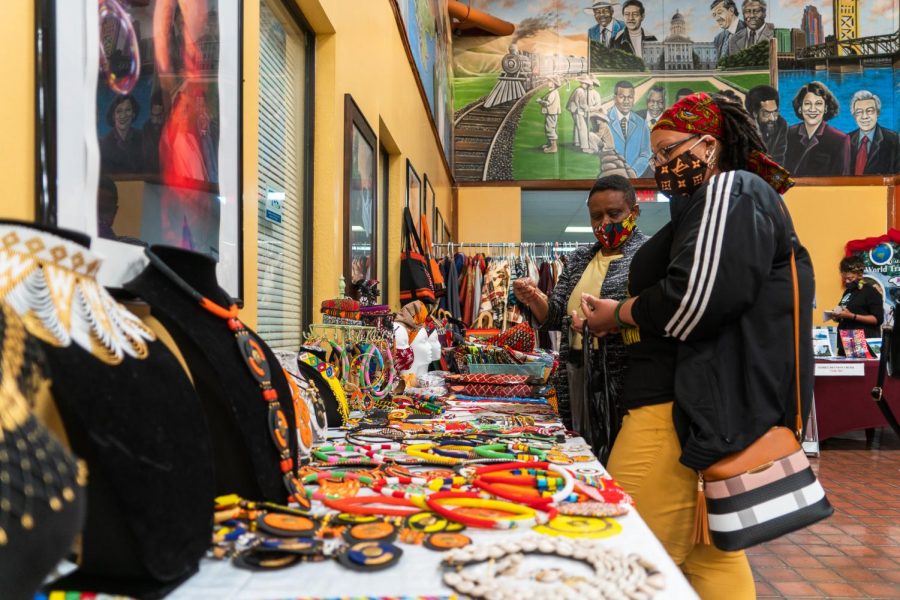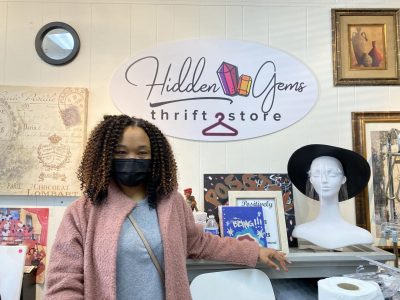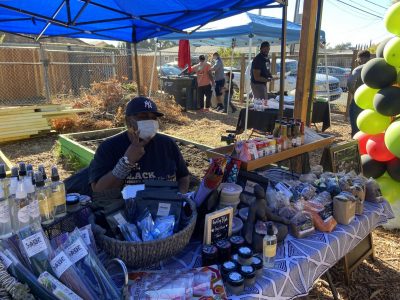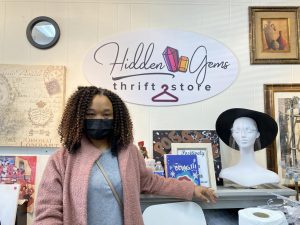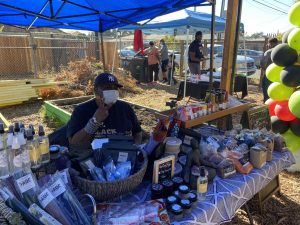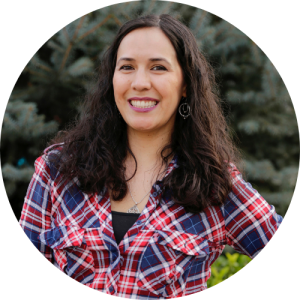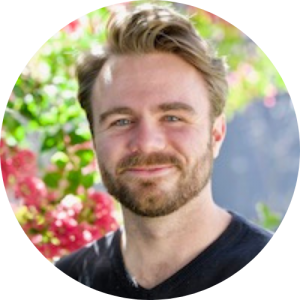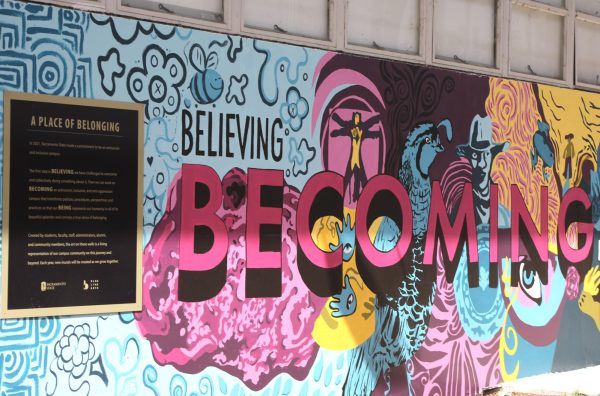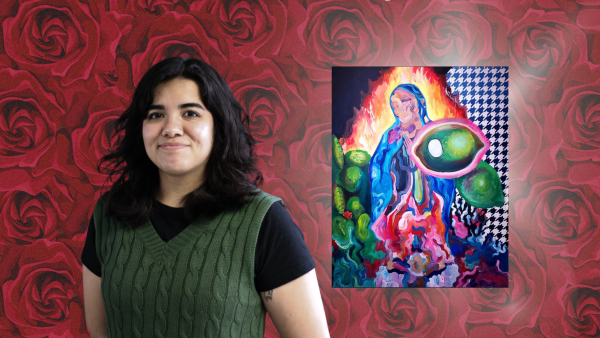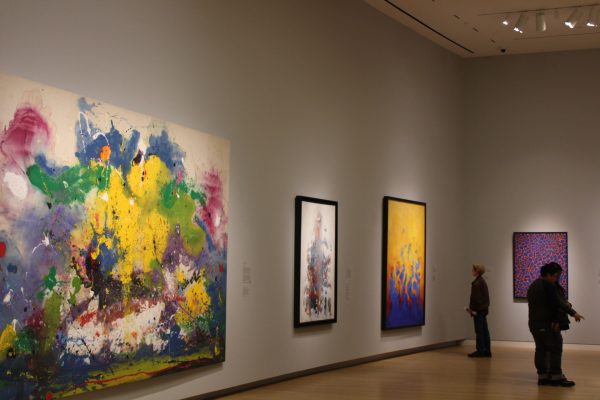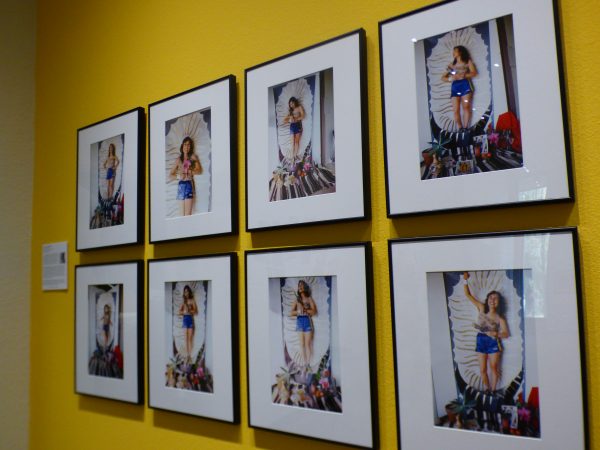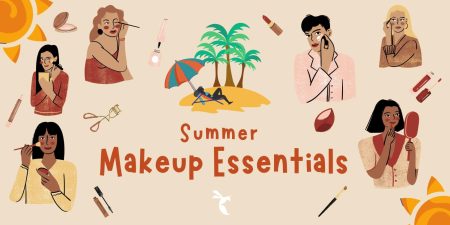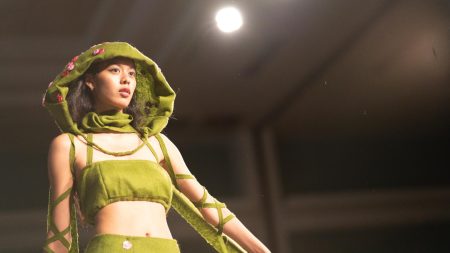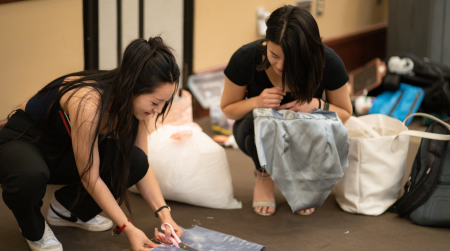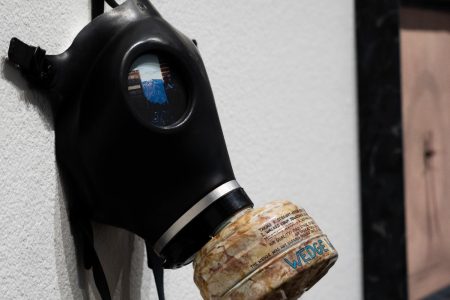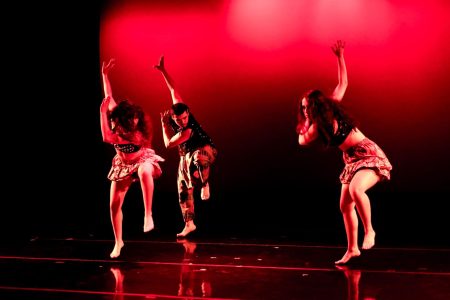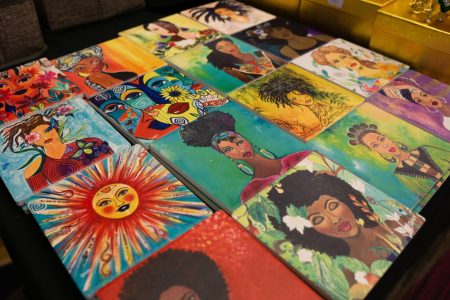Black excellence at Florin Square: the African Market Place showcasing culture
Vendors work to recycle money in the Black community
Sara Nevis, Patrick Posuniak, and Madelaine Church
February 22, 2021
The sound of drums playing in the distance, the smell of food in the air and the voices of the vendors mingling with customers, the African Market Place continues to bring the community together during the COVID-19 pandemic. It has been a staple in the South Sacramento community since January 2015 and is open every first and third Saturday of the month at Florin Square from 12 p.m. to 6 p.m., at the intersection of Florin Road and 24th Street.
The market was founded by Brother Ra, who hosted weekly Sankofa workshops that were focused on economics and African American history. After having a positive experience with the group, Brother Ra wanted to have something sustainable for the Black community and thus the idea for the African Market Place was developed.
In 2015, Brother Ra said he went and talked to the owner at Florin Square about starting a market once a month to see how it would do. Six years later, it still occurs year round and twice a month and was only closed for about four weeks during the pandemic.
Story continues below photo.
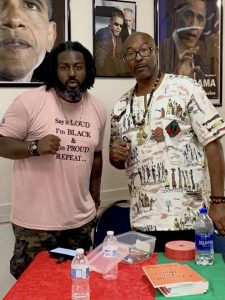
“This was a collaboration of community members that didn’t get any financial support via the government,” community activist and entrepreneur Berry Accius said. “It was just a bunch of entrepreneurs, a bunch of revolutionaries that felt that we wanted to do something homegrown for our community, grassroots level, and it all connected.”
The market is a place to learn and experience African culture and a way to recycle money into the Black community.
“The African Market Place is a cultural empowerment center where a person could come through there and they could start filling their lives with the African diaspora,” Brother Ra said. “Black folks can come out to exchange dollars, fellowship, enjoy each other’s energy and have a positive experience in our community.”
Some vendors who were unsure of starting a business used the African Market Place as a test run and it created entrepreneurship in the community, according to Accius.
According to Brother Ra, many have gone on to open a storefront in Florin Square and a few collaborated to start The Pop-up Shop in Arden Mall featuring local entrepreneurs’ products in the store, set to have their grand opening Saturday Feb. 27.
“It’s important that we use economics as an empowerment tool for our people, which is something we’ve been lacking,” Brother Ra said. “We’re one of the biggest consumers in the United States, but yet we take our dollars out of the community and we don’t rotate it back into the community.”
Some, like vendor Eunice Kaeasa, say they have not seen anything quite like the African Market Place. Kaeasa has been a part of the market for six years selling her hand-made jewelry and has developed a loyal clientele that knows they can find her every other week at the market.
“It gave me an opportunity to showcase our stuff and culture,” Kaeasa said. “When people come here to shop they feel that they are at home.”
Story continues below photo.
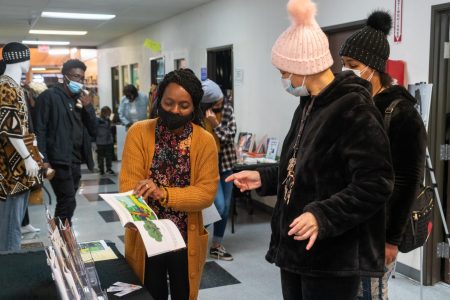
Other vendors such as author Anya Jaleane, started as consumers.
“Before I found the African market, I struggled to try to know where to bring my books and how to connect because there weren’t a lot of places,” Jaleane said. “Being here is a connection. It’s just Black Pride. It is beautiful for everybody.”
Brother Ra said he has watched money circulate within the market from vendor to vendor and stay in the Black community. He recalled a woman without the money for a vendor fee setting up and by the end of the day being able to pay him the fee and have money to buy her family food. He calls this Black excellence.
“We are who we’ve been waiting for to empower ourselves, to uplift ourselves out of our condition,” Brother Ra said. “Black excellence is a self-confidence and awareness of what was needed to be a part of our solution, that we don’t need to depend on nobody else but ourselves, we need to look in the mirror and say, ‘Okay, let me see what I can do.’”
Additional reporting Madelaine Church


























































































































